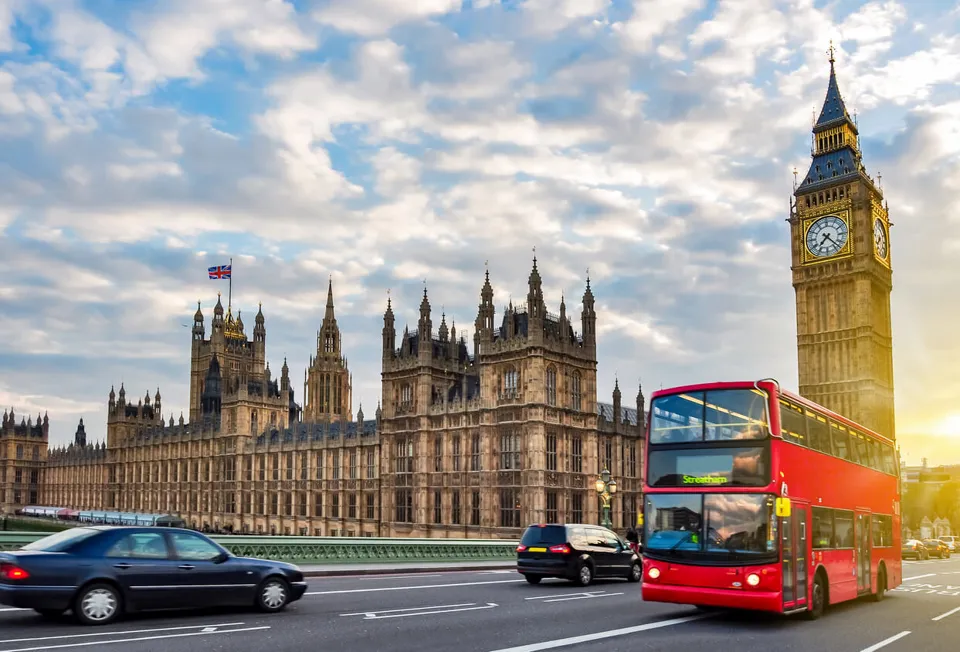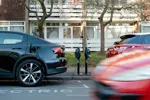New proposals for road charging based on elements such as distance travelled and vehicle emissions could be a positive step for freight operators - provided they don’t simply add cost.
That’s the message from the Freight Transport Association (FTA), after the Mayor of London, Sadiq Khan, published his transport strategy for the capital.
Central London and town centre zero emission zones will be introduced from 2025, creating a zero emission zone in inner London by 2040 and a London-wide zone by 2050.
The FTA is interested in distance-based charging as an alternative to broad schemes such as congestion charging and low emission zones. But it says the proposals must be well planned and take advantage of new technology available.
Natalie Chapman, FTA’s head of policy for London, said: “The Congestion Charge has arguably played a role in suppressing traffic demand in central London, but FTA has always argued that it is a blunt tool which fails to recognise the essential role that freight plays in serving London's businesses, residents and visitors.
“New and emerging technology could play a pivotal part in providing a more sophisticated system that accounts for the essential role of the vehicle and the time of day and incentivises cleaner vehicles.”
Khan says he aims to reduce freight traffic in the capital by 10% by 2026. FTA believes this is an unrealistic target given the needs of London’s growing population and the Mayor’s agenda on demanding HGVs change shape to increase direct vision – a change which may cost load space, thus requiring more vehicles on London’s roads.
Chapman added: “It costs so much to deliver into London that the road freight industry is already highly load efficient.
“There may be some benefits from further consolidation we can gain, but these will be outweighed by the needs of London’s larger population. The real gains in traffic management will come from private car use – if car users can be enabled or encouraged to switch to public transport, cycling or walking then London’s transport network could become exponentially more efficient.”
FTA will closely monitor the implications of the new proposals for the re-allocation of road space on behalf of its members to ensure the vital role of freight in the capital is recognised and accommodated.
Chapman said: “We need to ensure that any changes to road charging actually promote more efficient use of the transport network, and are not simply taxes by another name adding cost to operating and living in London.”
Consultation on the new strategy runs until October 2, with a final plan launched in early 2018.
Click here to read the consultation document.




















Login to comment
Comments
No comments have been made yet.